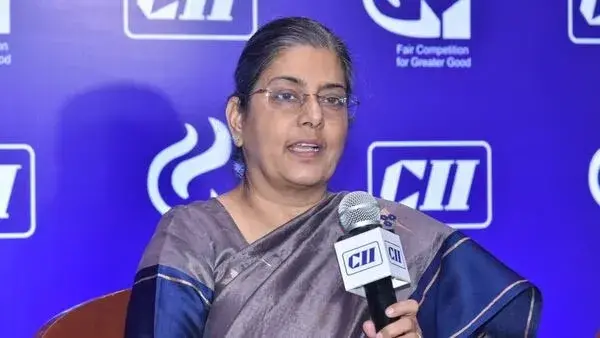Competition Commission of India to Soon Introduce New Merger Regulations
The Competition Commission of India (CCI) will soon release a new set of merger regulations following the amendments to the competition law enacted last year. These regulations are expected after the model code of conduct is lifted post-elections, as certain provisions of the amended law need to be notified by the government. According to the amendments, CCI approval is required for any transaction valued over ₹2,000 crore. CCI Chairperson Ravneet Kaur announced on Monday that the regulatory framework under the Competition (Amendment) Act, 2023, is in the final stages. This framework incorporates global best practices to address emerging market competition challenges. The new regulations will cover negotiated settlements on anti-competitive practices, merger and acquisition regulations based on deal value, and an expanded leniency scheme to encourage cartels to come forward. The upcoming focus is on merger regulations. The new merger regulations will detail how to assess the transaction value for CCI approval and expedite the merger regulation process by reducing the maximum decision time from 210 days to 150 days. These regulations aim to clarify and streamline the merger approval process, particularly for transactions exceeding ₹2,000 crore, even if they do not meet the traditional asset and sales thresholds. Kaur emphasized that the digital economy’s rise has prompted a global revamp of competition laws. The Ministry of Corporate Affairs is working on a Digital Competition Bill to address systemic digital economy firms’ issues. Public consultations on a draft bill are complete, and inter-ministerial consultations will follow before presenting it to parliament. In addition, CCI is initiating a market study on artificial intelligence (AI) to understand its impact on competition. Kaur highlighted the need to regulate digital markets to prevent dominance by a few companies and address data dominance concerns. Attorney General R. Venkataramani, speaking at an event marking CCI’s 15th foundation day, underscored the importance of regulating data as a new currency. He noted the global regulatory actions against data gatekeepers and the ongoing debate in India over the draft Digital Competition Bill, which will determine CCI’s approach to regulating digital markets.
Competition Commission of India to Soon Introduce New Merger Regulations Read More »


